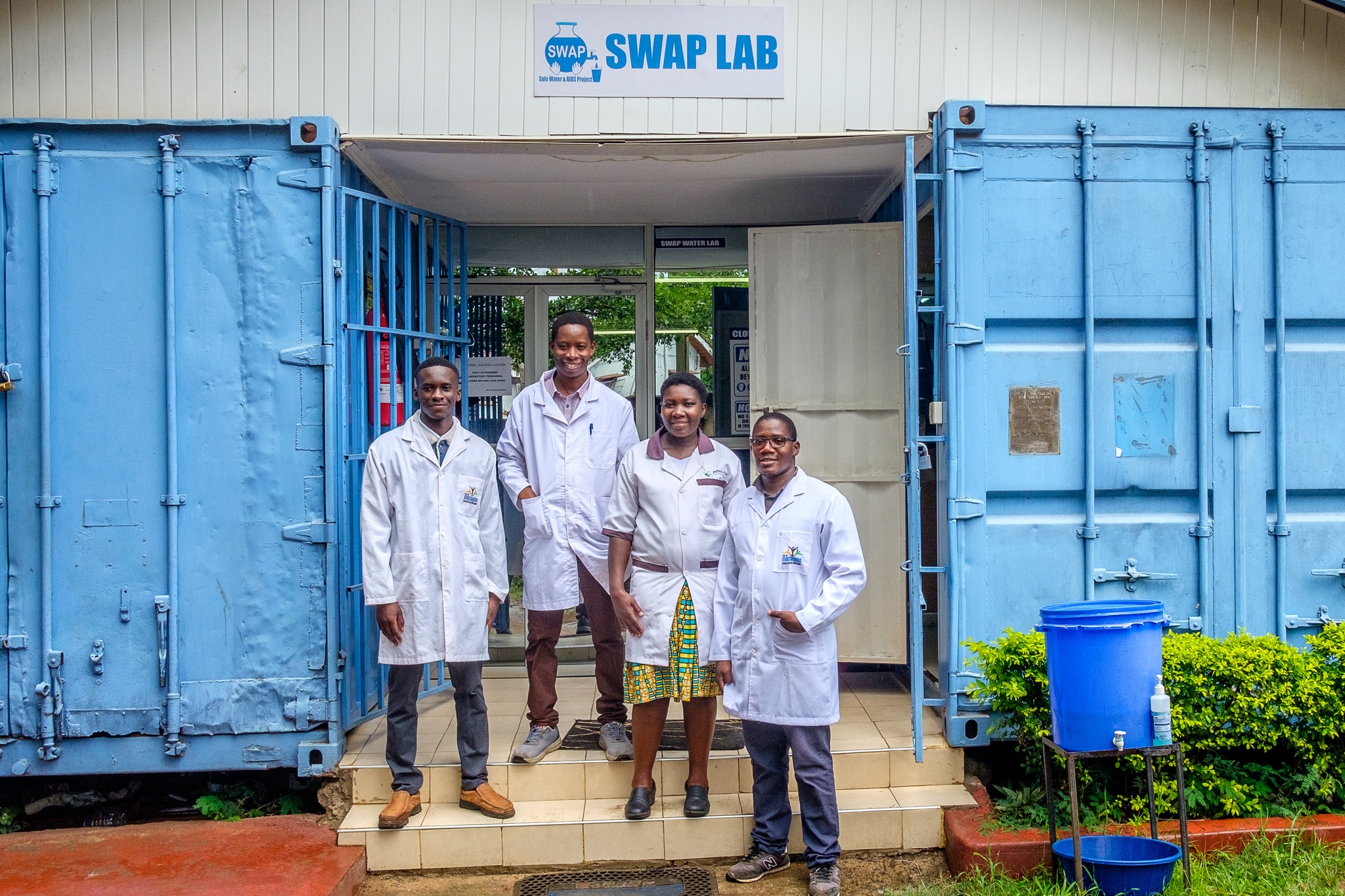
Posted on: 24th Mar, 2025
Read: 3 Minutes
Posted by: Kewasnet Admin
Alex Mwaki, the Country Director of the Safe Water and AIDS Project (SWAP), spoke on the organization's remarkable journey of improving health and living conditions across Western Kenya. Established in 2005 and officially registered in 2006, SWAP operated as a non-governmental organization based in Kisumu with a clear mission to provide innovative solutions for improved health and economic status of the communities it diligently serves.
SWAP focuses on three key areas: programs, research, and emergency response. Their primary emphasis remains on water, sanitation, and hygiene initiatives. The organization promoted and distributed life-saving health products ranging from water treatment solutions and sanitation products to hygiene items, nutrition supplements, malaria prevention tools, energy cookstoves, and solar lighting for households. These products reached communities through a network of dedicated community health promoters who conducted door-to-door outreach.
In 2024, SWAP was actively engaged in two major research initiatives. The first centred on evaluating new diagnostic tools for schistosomiasis (bilharzia) and soil-transmitted helminth infections in high-prevalence areas. The team collected urine and stool samples from households and primary schools, analysed them for these parasitic diseases, and provided treatment to those testing positive. During the previous year, they reached nearly 400 participants and incorporated ultrasound examinations to detect organ damage in infected individuals. This approach led to the identification of three women who required specialized treatment, and they were promptly referred to hospitals where they continued to receive care.
The second research focus involved early childhood development in households with children up to 18 months of age. SWAP implemented an international curriculum comprising 20 sessions delivered by community health promoters. In 2024, they completed this program with 1,200 households and received positive feedback from participating parents.
A standout achievement was SWAP's water quality monitoring laboratory, established in 2007. This facility tested water for bacteria and conducted chemical analysis, supporting organizations and responding to emergencies such as cholera outbreaks. During the COVID-19 pandemic, the lab was repurposed for wastewater-based epidemiological studies and the production of alcohol-based hand sanitisers and liquid soap for hand hygiene—products that received approval from the Kenya Bureau of Standards (KEBS).
SWAP also developed community-scale solar water treatment projects called "Sola Maji." These innovative systems tapped river water, reduced turbidity using aluminium sulphate, and purified it through ozonation. By 2024, two such systems had been completed and handed over to communities in Ahero and Chukbe, while a third was 90% complete. Regular water quality testing confirmed these systems produced water that met both KEBS and World Health Organization standards, significantly reducing waterborne diseases in the served communities.
When emergencies struck Western Kenya, such as floods in the lake region or disease outbreaks like cholera, SWAP worked closely with the Western Kenya Humanitarian Hub to support affected families. During the COVID-19 pandemic, they assisted with vaccination outreach, data management, and provision of hand-washing stations and personal protective equipment to healthcare facilities.
The organization's journey began during a time of high HIV prevalence in the early 2000s, before antiretroviral drugs were widely available. Recognizing that people living with HIV/AIDS were particularly vulnerable to waterborne diseases due to compromised immunity, SWAP focused on providing safe water to support groups for people living with HIV/AIDS. They promoted various water treatment products including WaterGuard, AquaGuard, PUR purifier, and ceramic filters to improve water quality at the point of use.
Over the years, SWAP built a strong reputation working with government entities including county and sub-county health management teams. Their research contributions resulted in more than 60 publications in peer-reviewed international journals, and their water quality laboratory became the only non-governmental organization offering such services in Western Kenya.
Their work has earned them numerous awards including the Energy Globe Award, Global Water Award, and Medical Research Council Outstanding Award. Looking ahead, the organization aims to expand its infection prevention and control work in healthcare facilities, explore research on female genital schistosomiasis, and address climate change impacts on communities along Lake Victoria.
You can also log in to post a comment. Login
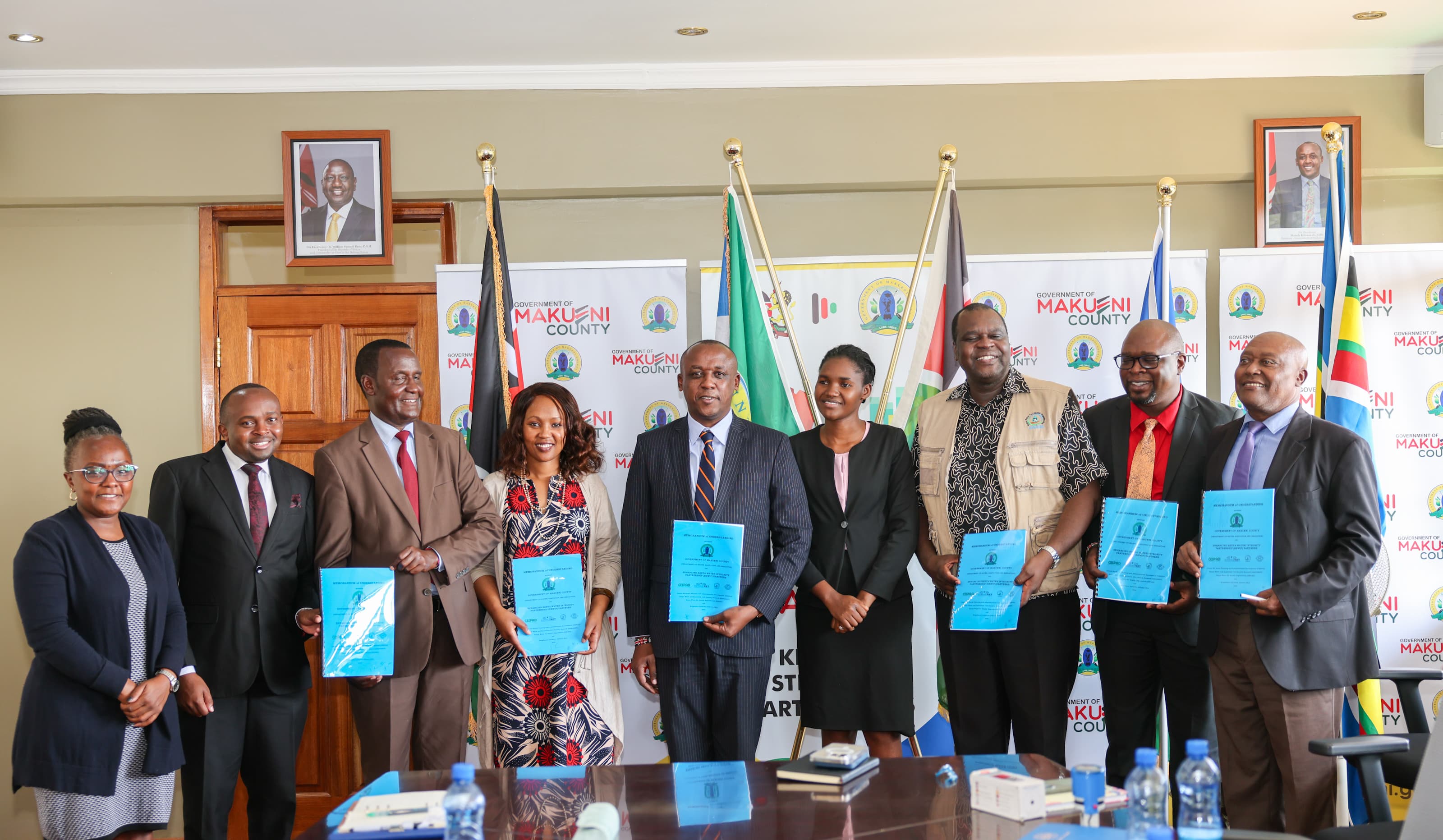
Posted on: 09th Jul, 2025
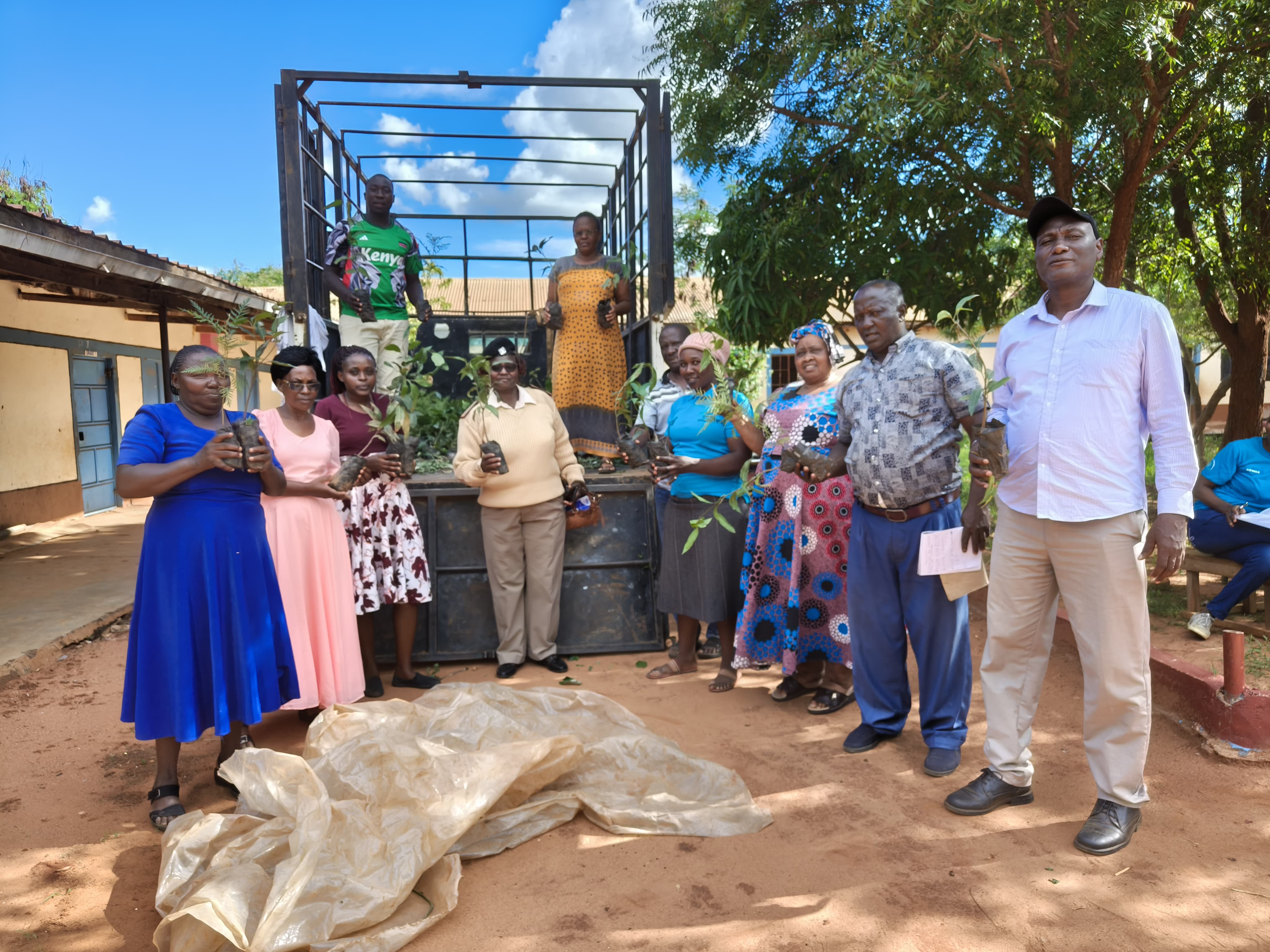
Posted on: 28th Apr, 2025
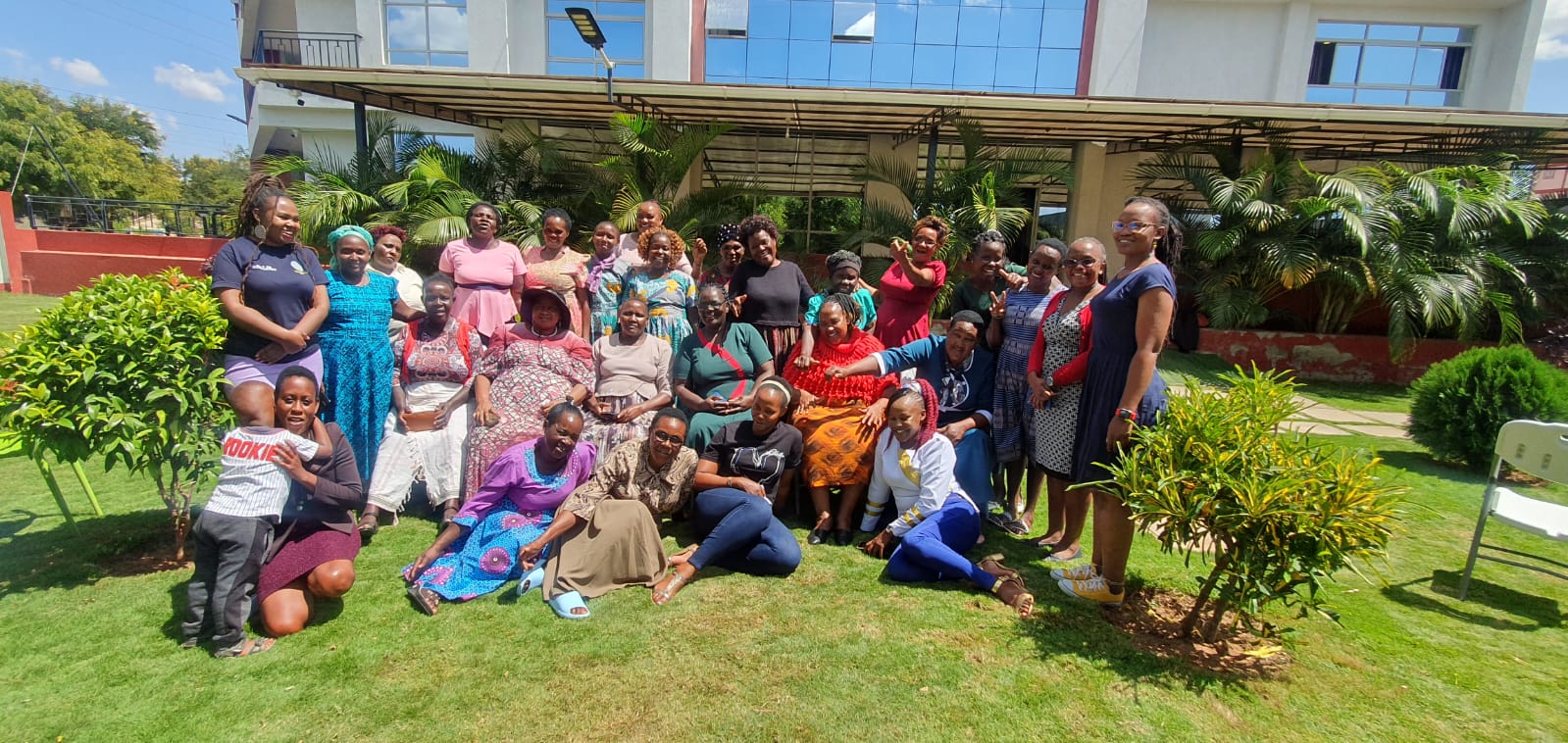
Posted on: 11th Mar, 2025
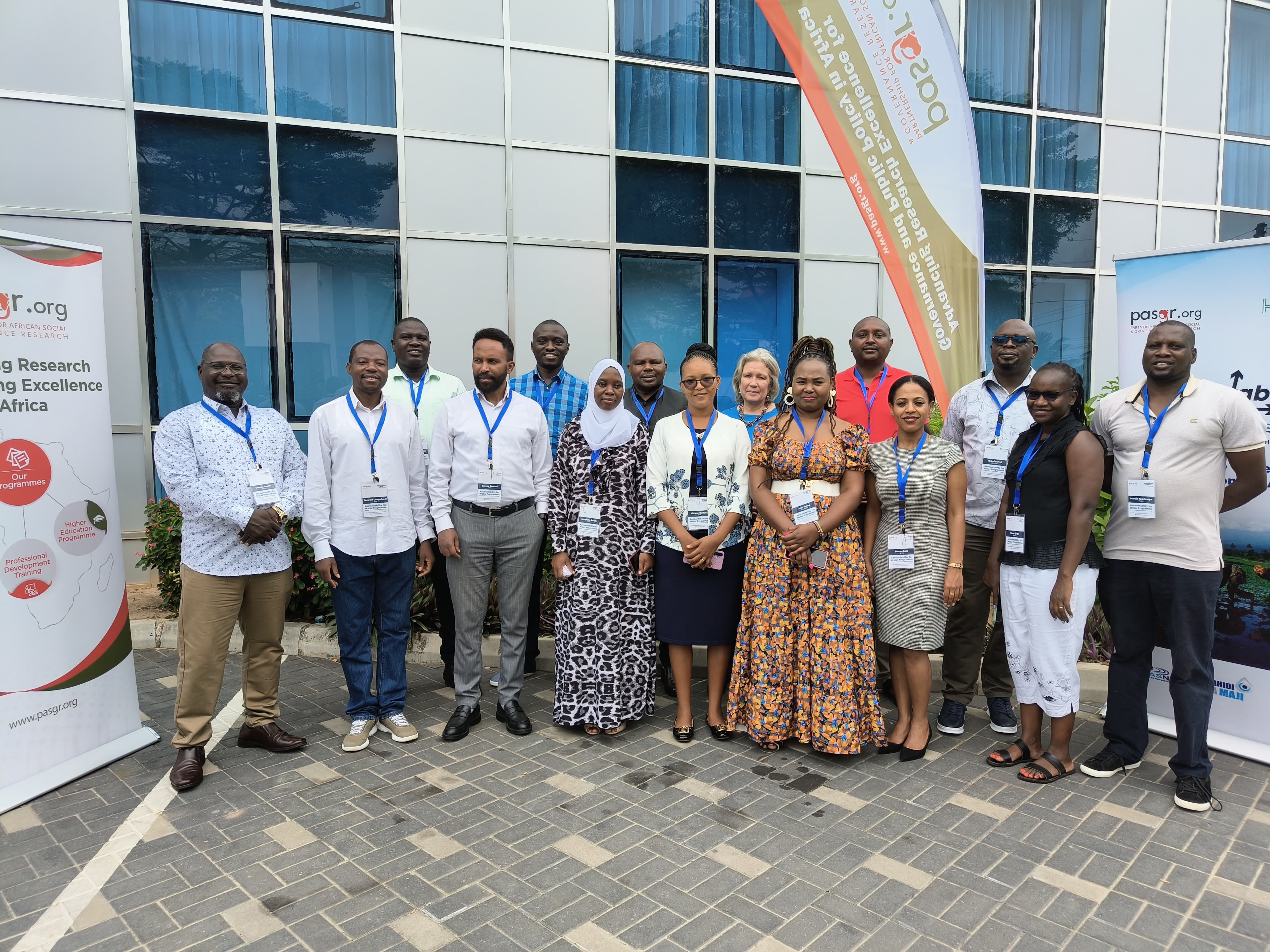
Posted on: 05th Mar, 2025
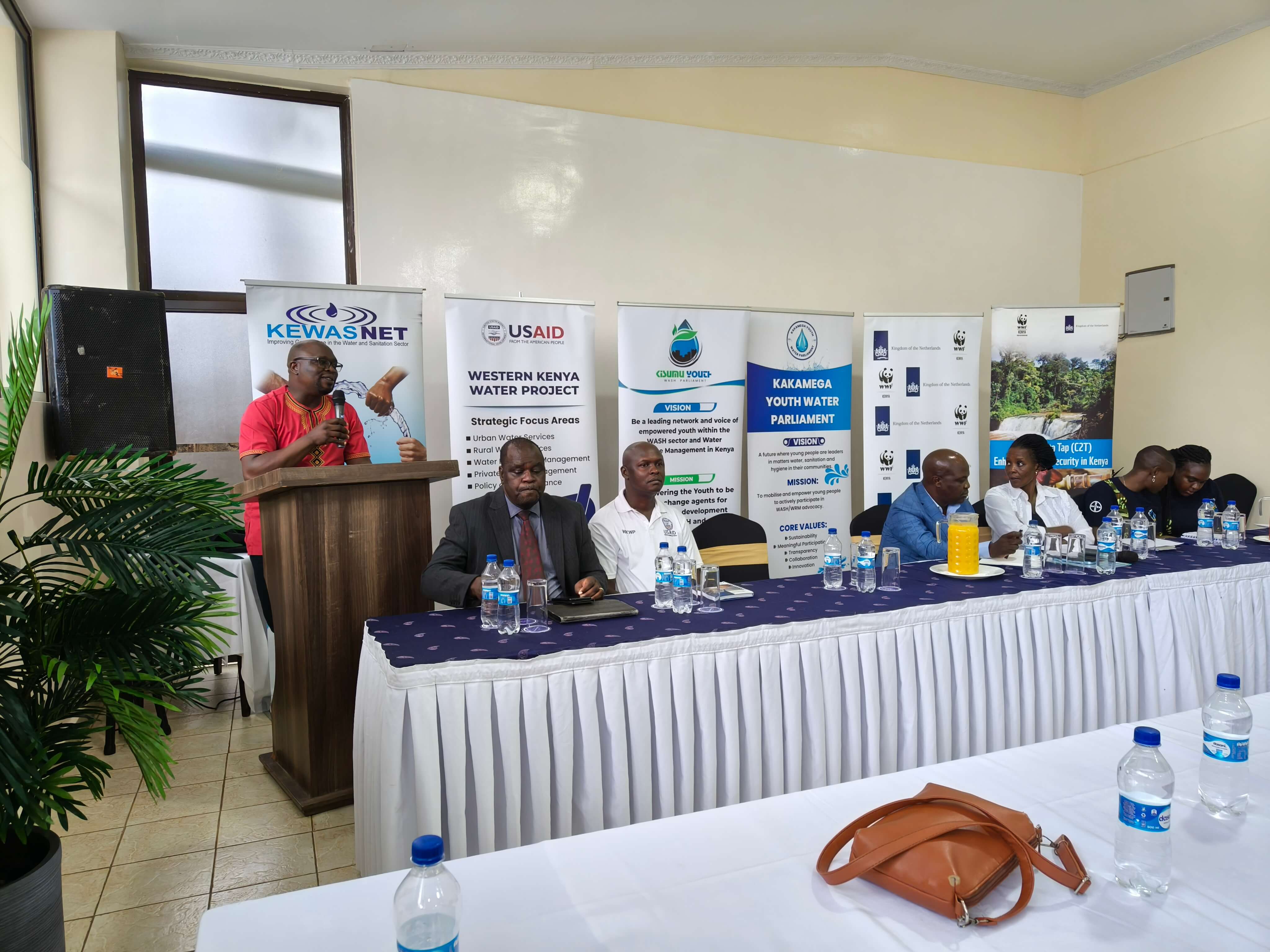
Posted on: 29th Sep, 2024